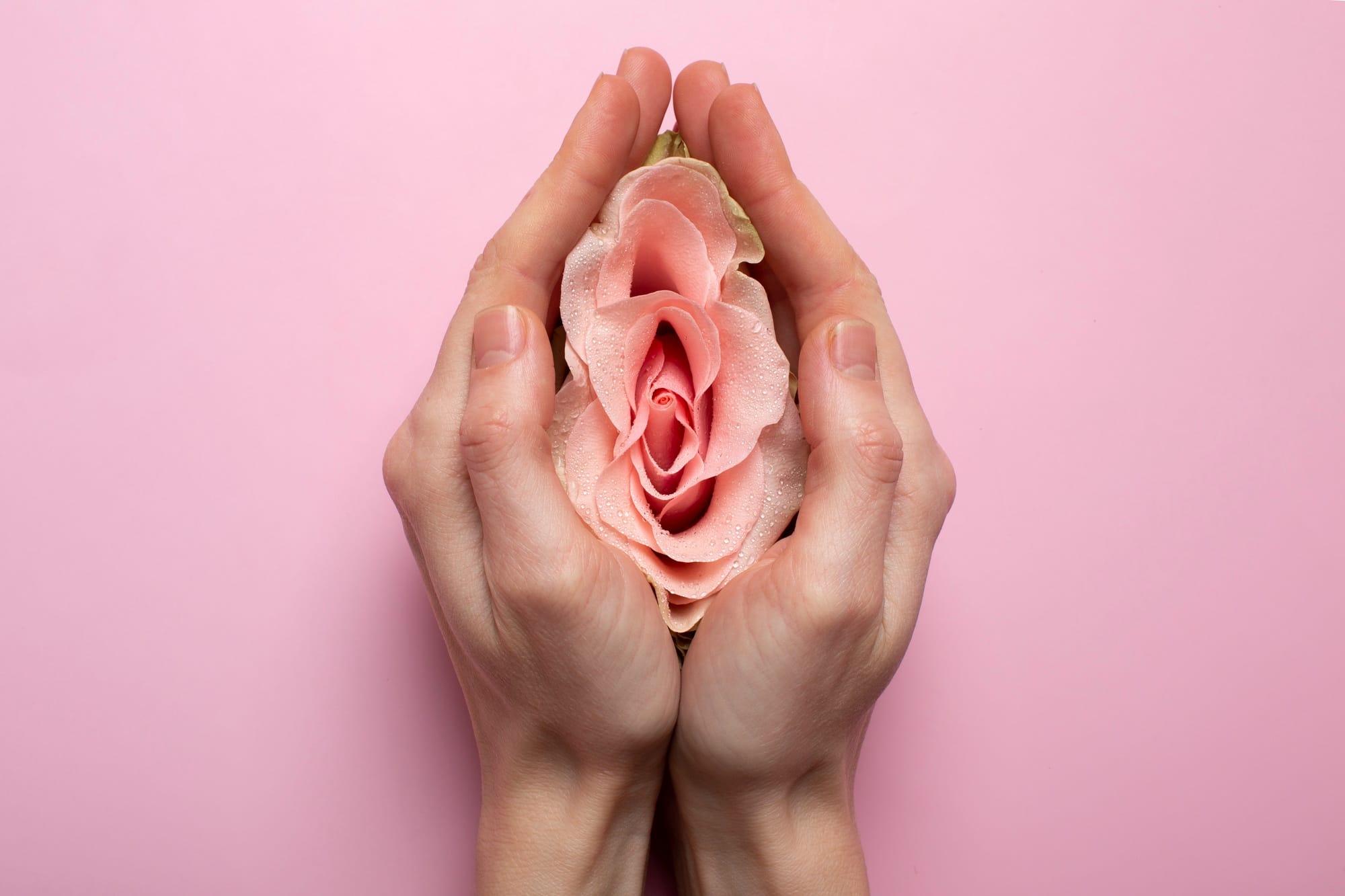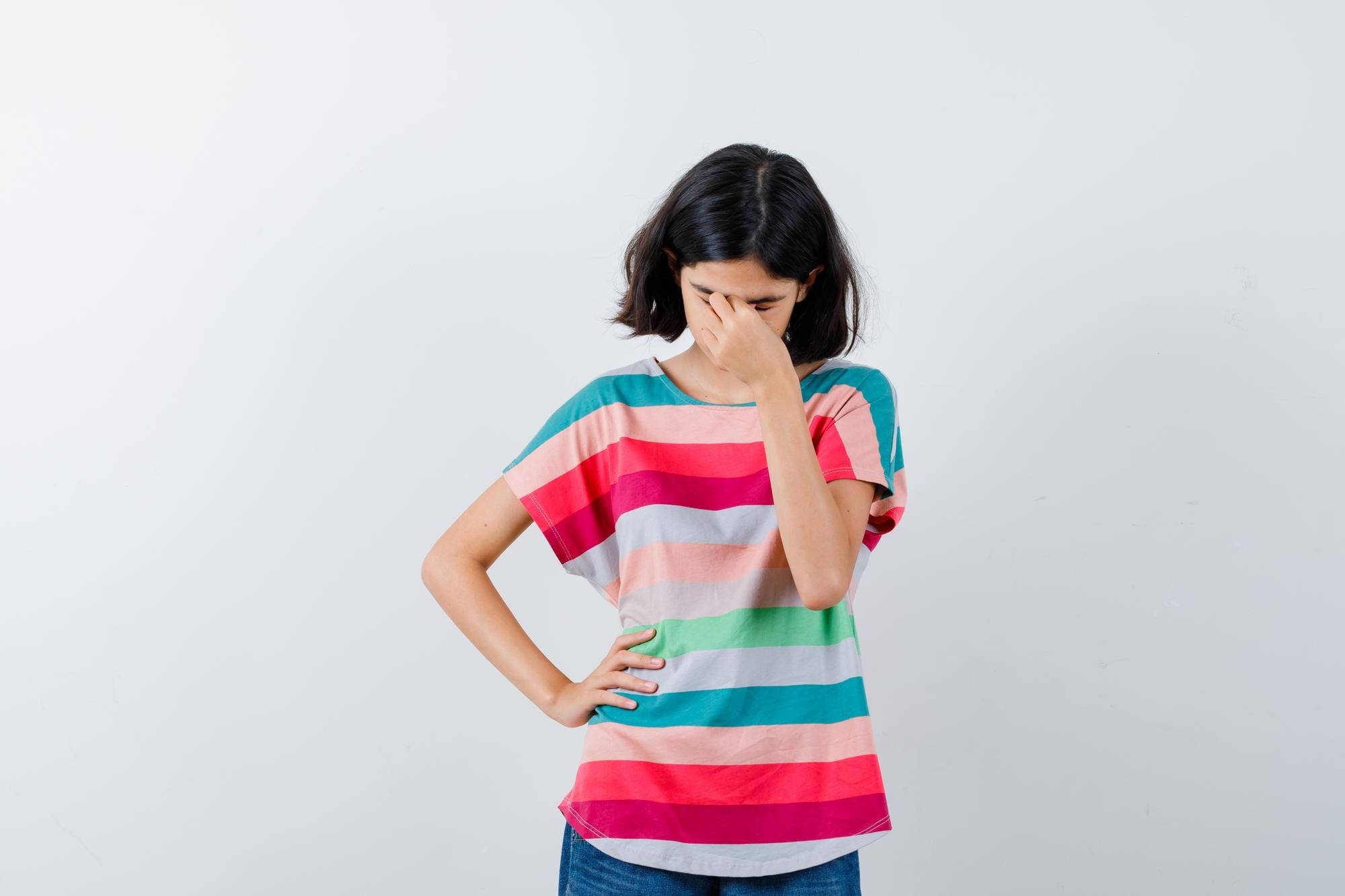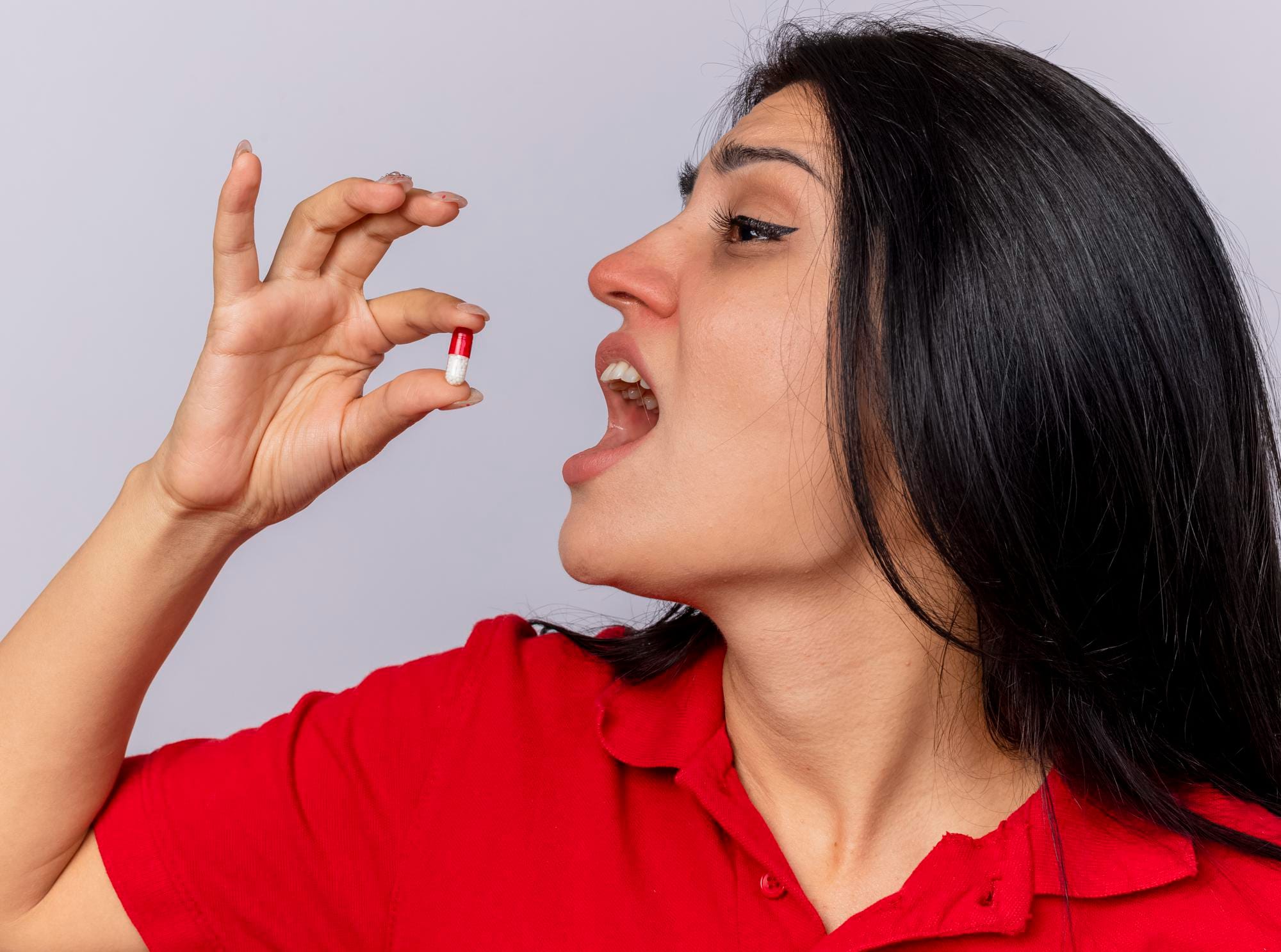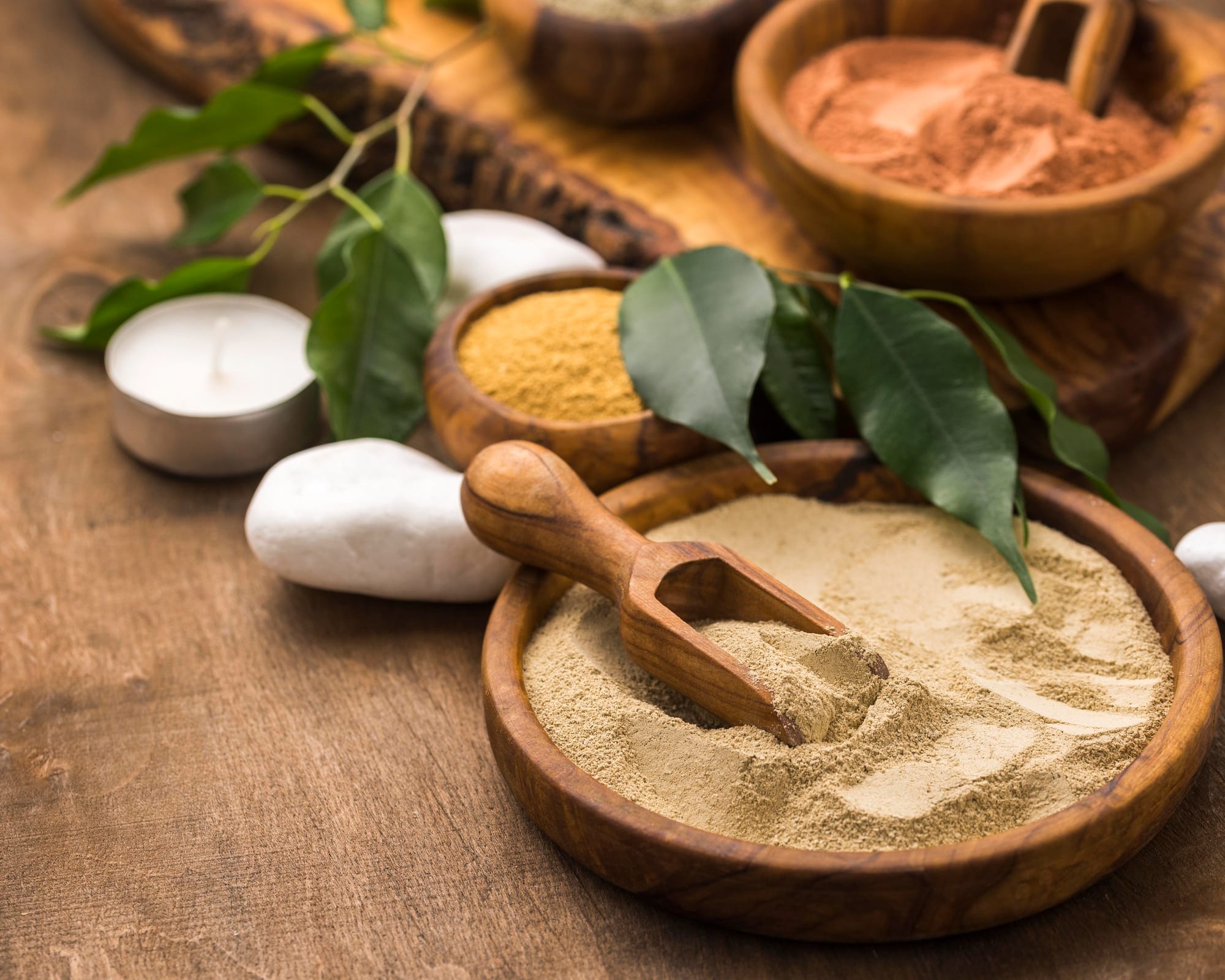
Vaginal dryness occurs when the tissues of the vagina are not properly lubricated. This natural lubrication is typically maintained by estrogen, a hormone that keeps the vaginal tissues healthy, elastic, and moist. When there’s a decrease in estrogen levels or other contributing factors, the vaginal walls become thinner, drier, and less elastic, which can lead to discomfort, irritation, and a host of other symptoms.
Vaginal dryness can affect women of all ages, though it is particularly common during and after menopause due to hormonal changes. It can also occur for various other reasons, such as the use of certain medications, medical conditions, or lifestyle factors.
Symptoms of Vaginal Dryness
Vaginal dryness presents a variety of symptoms that can interfere with daily life and sexual health:
- Itching or Irritation in the Vaginal Area: Women often experience itching or a sense of irritation in and around the vaginal opening. This can lead to discomfort during everyday activities such as walking, sitting, or wearing tight clothing.
- Burning Sensation: A burning feeling in the vaginal area is common and may become more pronounced during or after urination.
- Pain or Discomfort During Intercourse (Dyspareunia): The lack of lubrication can cause friction during sexual activity, leading to pain, discomfort, and sometimes even vaginal tearing. This can make sex unenjoyable or even unbearable for some women.
- Light Bleeding or Spotting After Intercourse: The thinning and dryness of the vaginal tissues can result in light bleeding or spotting after sexual activity due to irritation and minor tears in the tissue.
- Tightness or Decreased Elasticity: Women may feel that the vagina is tighter or less flexible, making penetration during intercourse more difficult and painful.
- Frequent Urinary Tract Infections (UTIs): The reduced lubrication and change in vaginal pH can increase the risk of bacterial infections, leading to recurrent UTIs.
- Unusual Vaginal Discharge: While vaginal dryness can reduce natural lubrication, some women may experience abnormal discharge as a result of irritation or underlying infection.
- General Discomfort: A constant sensation of dryness, itching, or discomfort in the vaginal area, even without sexual activity or other specific triggers, is a common symptom.
Causes of Vaginal Dryness
Several factors can lead to vaginal dryness, ranging from hormonal changes to lifestyle and medical conditions:
1. Hormonal Changes
Hormonal imbalances, particularly a reduction in estrogen levels, are the most common cause of vaginal dryness. Estrogen is essential for maintaining vaginal health by promoting lubrication, elasticity, and a healthy pH balance.
- Menopause: During menopause, estrogen levels drop significantly, which leads to thinning and drying of the vaginal walls. Vaginal dryness is a key symptom of menopause.
- Perimenopause: Even before menopause, fluctuating hormone levels during perimenopause can cause intermittent vaginal dryness.
- Postpartum and Breastfeeding: After childbirth, women often experience lower estrogen levels, especially while breastfeeding, which can result in temporary vaginal dryness.
- Birth Control Pills: Some hormonal contraceptives, particularly those with low estrogen, can contribute to vaginal dryness by suppressing natural estrogen levels.
- Cancer Treatments: Chemotherapy, radiation therapy, and hormone therapy used in the treatment of cancers (especially breast cancer) can significantly reduce estrogen levels, leading to dryness.
2. Medications
Certain medications can have side effects that cause or worsen vaginal dryness.
- Antihistamines and Decongestants: These medications, often used for allergies and colds, can dry out mucous membranes, including vaginal tissues.
- Antidepressants: Some antidepressants, especially selective serotonin reuptake inhibitors (SSRIs), can cause sexual dysfunction and vaginal dryness as side effects.
- Chemotherapy and Radiation: Cancer treatments that affect hormone production, such as radiation therapy and chemotherapy, can result in reduced estrogen levels, leading to vaginal dryness.
3. Medical Conditions
Several medical conditions can interfere with vaginal lubrication.
- Autoimmune Disorders: Conditions like Sjögren’s syndrome, which causes the immune system to attack the body’s moisture-producing glands, can lead to dryness in the eyes, mouth, and vagina.
- Diabetes: Uncontrolled diabetes can affect blood flow and nerve function, leading to reduced vaginal moisture.
4. Lifestyle Factors
Various habits or environmental factors can also contribute to vaginal dryness:
- Smoking: Smoking reduces blood flow to the vaginal tissues and affects estrogen levels, increasing the likelihood of dryness.
- Stress and Anxiety: Chronic stress can disrupt hormone production and interfere with sexual arousal, which affects natural lubrication.
- Overuse of Feminine Hygiene Products: Douching, using scented soaps, or applying harsh products to the vaginal area can strip away natural moisture and irritate the sensitive tissues.
- Lack of Sexual Arousal: Insufficient foreplay or difficulty becoming aroused can reduce the natural lubrication produced during sexual activity.
Remedies for Vaginal Dryness
There are several effective remedies for vaginal dryness, ranging from simple lifestyle changes to medical treatments.
1. Over-the-Counter Solutions
- Lubricants: Lubricants can be used during sexual activity to reduce friction and discomfort. (a). Water-based lubricants are the most commonly recommended as they are non-irritating and safe to use with condoms, but they may need frequent reapplication.(b). Silicone-based lubricants last longer than water-based lubricants and provide a smoother texture, though they may be harder to clean.
- Vaginal Moisturizers: These are designed for regular use, helping to maintain vaginal moisture between sexual activities. They are applied directly to the vaginal area and can provide longer-lasting relief than lubricants.
2. Prescription Treatments
- Topical Estrogen Therapy:
Doctors may prescribe estrogen treatments such as vaginal creams, rings, or tablets that deliver low doses of estrogen directly to the vaginal tissues. This helps restore moisture and elasticity without significantly affecting overall hormone levels. - Hormone Replacement Therapy (HRT):
For women experiencing more severe menopausal symptoms, systemic hormone therapy (such as pills or patches) can be prescribed to increase estrogen levels throughout the body, improving vaginal dryness and other symptoms. - Non-hormonal Prescription Medications: (a). Ospemifene (Osphena): An oral medication that helps improve vaginal tissue quality and reduce pain during intercourse. (b). Prasterone (Intrarosa): A vaginal insert containing DHEA, a hormone that is converted into estrogen and other hormones to help alleviate vaginal dryness.
3. Natural Remedies
- Dietary Changes: (a). Phytoestrogens: Incorporating foods like soy products, flaxseeds, and chickpeas, which contain natural plant-based estrogen-like compounds, may help balance hormone levels. (b). Hydration: Drinking plenty of water can help maintain vaginal moisture, just as it does for the skin and other tissues.
- Omega-3 Fatty Acids: Consuming foods rich in omega-3 fatty acids, such as fish, chia seeds, and walnuts, can support overall vaginal health and lubrication.
- Coconut Oil: Some women use natural oils like coconut oil for lubrication. However, it should not be used with latex condoms, as it can degrade the material.
4. Lifestyle Adjustments
- Avoid Irritants: Opt for unscented, gentle soaps and avoid douching or using perfumes around the vaginal area to prevent irritation.
- Sexual Activity: Regular sexual activity, including masturbation, can improve vaginal lubrication by increasing blood flow to the vaginal tissues.
- Stress Management: Managing stress through techniques like yoga, meditation, or deep breathing can help balance hormone levels and improve vaginal health.
When to See a Doctor
It’s important to consult a healthcare provider if:
- Symptoms persist despite trying over-the-counter treatments.
- Vaginal dryness is accompanied by pain, bleeding, or recurrent infections.
- It significantly impacts your quality of life or sexual activity.
A doctor can assess whether the dryness is due to hormonal changes, medication, or an underlying medical condition and recommend the appropriate treatment plan. For more details on this, please visit: Cleveland Clinic Website















Leave a Reply